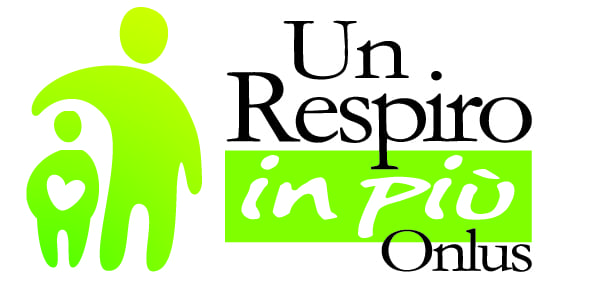Infezioni respiratorie ricorrenti e stato di infiammazione polmonare cronica caratterizzano la fibrosi cistica (FC). Ci sono evidenze che l’infiammazione nei pazienti FC sia presente anche in assenza di infezione batterica, come conseguenza dell’assenza o del malfunzionamento del canale CFTR. Nel precedente progetto (FFC#22/2017) i ricercatori hanno dimostrato che i batteriofagi (fagi), speciali virus con azione battericida, sono efficaci nel debellare le infezioni batteriche, usando come modello animale il pesce-zebra con FC. Inoltre, hanno osservato in Zebrafish un’azione antinfiammatoria esercitata dai fagi anche in assenza di batteri. Perciò in questo progetto intendono dimostrare che lo stato infiammatorio cronico presente in Zebrafish FC può essere ridotto dalla somministrazione di fagi. Lo stato infiammatorio verrà analizzato misurando l’espressione di proteine pro- e antinfiammatorie. L’uso di Zebrafish come modello di FC, poco costoso e relativamente facile da utilizzare, può aprire un nuovo campo di applicazione per la ricerca di nuovi farmaci utili nella cura di pazienti FC.
CHI HA ADOTTATO IL PROGETTO

€ 18.000

€ 15.000
Gruppo di sostegno FFC di Tremestieri

€ 10.000
